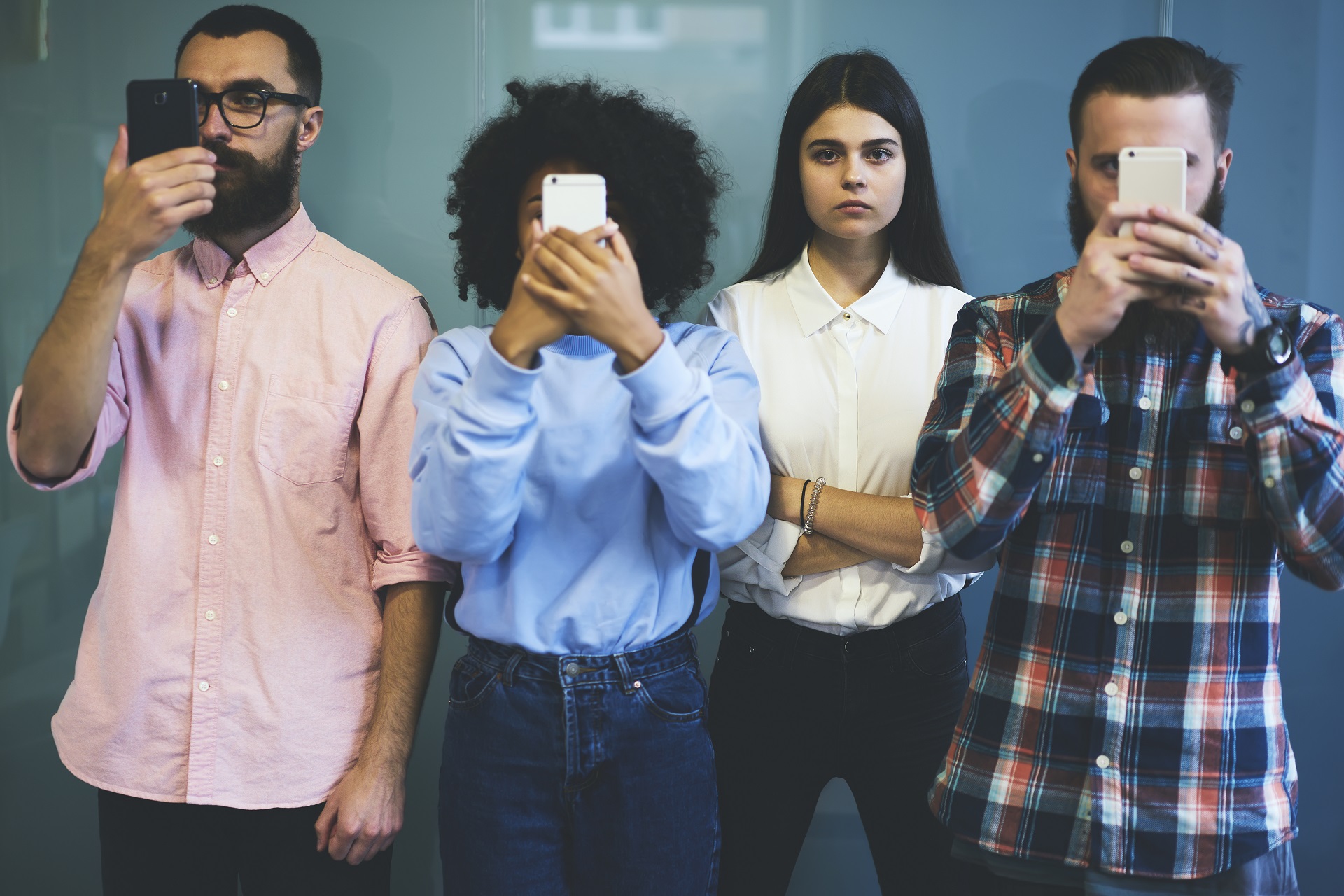Researchers look to nature to pull water from the air›››
Social media is not your friend
Global loneliness epidemic is connected to time spenton social media 22 Oct 2025

In the final quarter of 2023, Meta-Gallup published a survey in which 24 percent of people over the age of 15 across 142 countries reported feeling lonely. While the majority lay with the younger population, a new study into the connection between loneliness and social media use suggests that it may no longer be the case.
The study out of Oregon State University says that though we might be laughing at TikTok, Instagram or Facebook posts, social media is not preventing us from feeling isolated and alone.
The longitudinal study published in the International Journal of Environmental Research and Publish Health of over 1,500 people 30-70 years old, indicates that U.S. adults who spend more time on social media or checking platforms are significantly more likely to report feeling lonely.
The loneliness correlates to how often participants checked their social media accounts. Notable results showed associations between time spent on social media platforms and loneliness followed an inverted U-shaped pattern. Loneliness peaked at moderate levels of use and declined slightly at the highest levels.
The study indicates that social media use frequency may be a particularly strong driver of loneliness and modifying use could mitigate its psychosocial impacts.
More like this: Feeling anxious? Social media might be to blame
Get the latest articles, news and other updates from Khalifa University Science and Tech Review magazine
